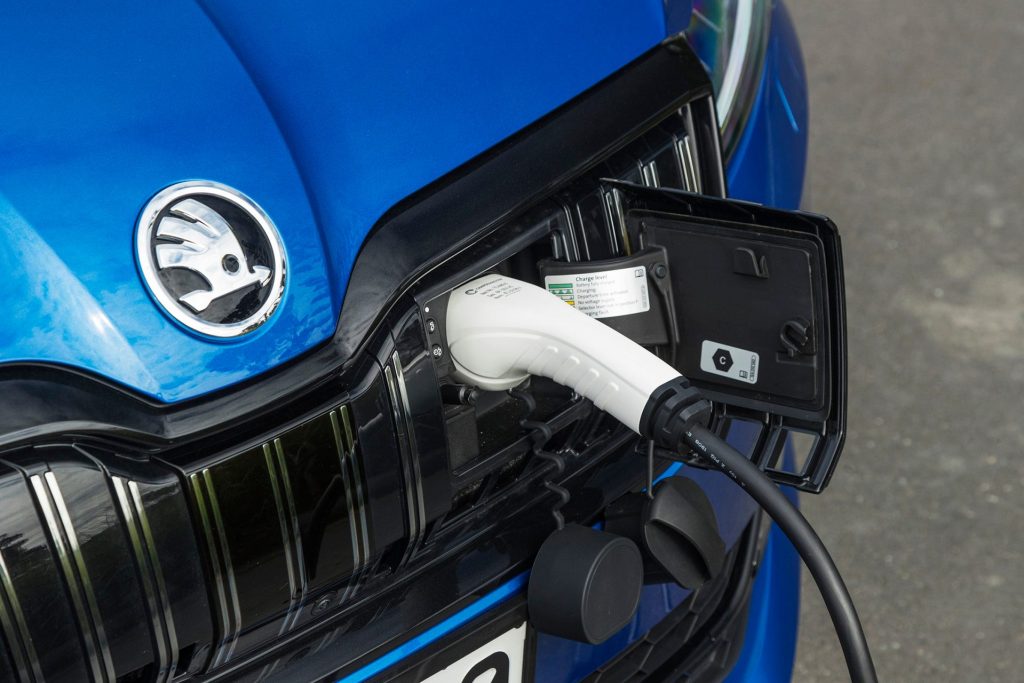Despite receiving another set of mixed reviews from New Zealand’s motoring distributors as part of its last wave of submissions, the select committee appears to be set on its current targets laid out in the Clean Car Standard, as part of the Land Transport Amendment Bill.
The Clean Car Standard was among the hottest topics of 2021 in the local motoring sphere, with most brands criticising how severe the C02 targets and penalties are set to become by 2026 and 2027.
By 2027, brands will need to achieve a target of 63g/km on each vehicle or face hefty penalties. This is at odds with the current thirst for SUVs and utes, with the latter likely to represent a particular challenge for distributors, given that no electrified utes are currently on the market.
Speaking to Stuff, Motor Industry Association chief executive David Crawford said that there’s hopes that the 2026 and 2027 targets might not be set in stone. A mandatory review of te targets is due for no later than June 2024, perhaps giving the government time to see how quickly distributors are managing the pivot.
“We hoped we had a chance of getting it changed,” he said. “We think it’s too early to have targets for 2027. The target for 2027 should be set by regulation after the 2024 review.”

The update follows the submissions made by various brands to the select committee being made public in December, with the likes of Toyota, Mazda, Mitsubishi, Suzuki, and more all speaking out against the supposed severity of the targets.
As previously reported, numerous marques made the point that while they appreciate the intent and sentiment of the bill, the Clean Car Standard targets (particularly those from 2026 onwards) are ‘unachievable’.
“We appreciate NZ’s commitment to reducing global emissions as the basis for this Bill. However, the urgency of and aggressive timing within the Bill is likely to result in unintended outcomes, and is not making the best of the strategic capabilities and practical expertise of the people employed within the Transport sector,” said Mazda.
“We support the overall intent of the Bill. We recognise that shifting to a lower emissions economy requires change in our transport system. […] We are concerned however that the targets set in the Bill for the Clean Car Standard, specifically for 2026 and 2027 require a greater level of consultation,” added Toyota New Zealand CEO Neeraj Lala, in Toyota’s submission.
“They will have unintended effects on Kiwi families and businesses, and on the motor industry. These effects may compromise and slow the longer-term goal of reduced emissions, and adversely impact on the safety and affordability of vehicles in our fleet.
Isuzu Utes New Zealand went as far as to say that if the standard goes ahead unchanged, that the company is likely to fold.
“Isuzu Utes is a locally owned family business representing one of world’s leaders in utility vehicles. The implementation of the bill in its current format is likely to lead to the closure of Isuzu Utes New Zealand. The Bill requires a number of urgent changes in order to deliver the intended outcomes,” it said in its submission.
Other brands were more welcoming of the standard, but floated other changes. BMW said in its submission that it’s keen to increase the Clean Car Discount’s threshold from the current $80,000 to $150,000.
Tesla, meanwhile, said the penalties for brands that don’t comply with the targets should be even more severe. The committee seemingly disagreed, deciding not to amend the penalties.


